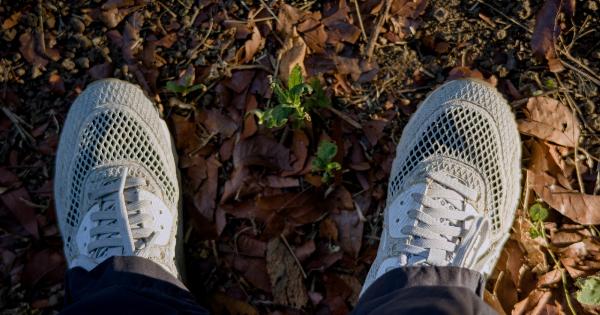Winter season brings along with it the cold and flu season. With the change in weather, our bodies adapt to the changes, making us more susceptible to cold and flu viruses.
You may have noticed that the number of people coughing and sneezing around you increases in the winter season. Cold and flu can be tough to prevent, but there are some easy steps you can take to protect yourself and your loved ones and prevent the spread of cold and flu this season.
In this article, we’ll discuss some tips on how you can stay safe during the cold and flu season.
Wash Your Hands Frequently
One of the most effective ways to prevent the spread of cold and flu is to wash your hands frequently.
Cold and flu viruses can survive on surfaces for several hours, so it’s important to wash your hands properly before eating, after using the restroom, and after touching any high contact surfaces like doorknobs, keyboards, and phones. Use warm water and soap and scrub your hands for at least 20 seconds before rinsing them off. If you don’t have access to soap and water, use an alcohol-based hand sanitizer to kill any germs on your hands.
Cover Your Nose and Mouth When You Cough or Sneeze
Cover your nose and mouth when you cough or sneeze to prevent the spread of cold and flu viruses. Use a tissue and throw it away immediately after use. If you don’t have a tissue, cough or sneeze into your elbow or sleeve instead of your hands.
It’s important to avoid touching your face after coughing or sneezing as the germs on your hands can easily get into your body through your eyes, nose, and mouth.
Avoid Close Contact with Sick People
Avoid close contact with people who are sick to prevent the spread of cold and flu viruses. If possible, stay at least six feet away from people who are sick.
If you have to take care of someone who is sick, wear a face mask to protect yourself from getting infected. It’s also important to stay at home if you’re sick to avoid spreading the virus to others.
Get a Flu Shot
Getting a flu shot is one of the most effective ways to protect yourself from getting the flu.
Flu shots are usually available from October through March, and they’re recommended for everyone six months of age and older, especially for people who are at high risk of getting the flu like pregnant women, young children, older adults, and people with weakened immune systems. A flu shot can’t give you the flu, but it can help your body develop immunity against the flu virus.
Eat a Balanced Diet
A balanced diet can help boost your immune system and protect you from cold and flu viruses. Include plenty of fresh fruits and vegetables, whole grains, lean protein, and healthy fats in your diet.
Avoid processed foods, sugary drinks, and excessive alcohol consumption as they can weaken your immune system and make you more susceptible to cold and flu viruses.
Stay Hydrated
Drinking plenty of water and other fluids like soups and teas can help prevent dehydration, which can weaken your immune system and make you more susceptible to cold and flu viruses.
Aim for at least eight glasses of water a day and avoid drinks that are high in sugar or caffeine.
Take a Rest
Getting enough rest is critical for maintaining a strong immune system. Lack of sleep can weaken your immune system and make you more susceptible to infections like cold and flu viruses.
Aim for at least seven to eight hours of sleep each night to give your body the chance to recover and regenerate.
Keep Your Home Clean and Sanitized
Cold and flu viruses can survive on surfaces for several hours, so it’s important to keep your home clean and sanitized to prevent the spread of germs.
Use a disinfectant spray or wipes to clean surfaces like doorknobs, countertops, and light switches regularly. Make sure to clean and sanitize any shared objects like remote controls or keyboards before using them.
Stay Informed and Follow Guidelines
Stay informed about the latest guidelines and recommendations from public health officials regarding the cold and flu season. Follow the guidelines and take any necessary precautions to protect yourself and your loved ones from cold and flu viruses.
Conclusion
Staying safe during the cold and flu season requires a combination of good hygiene, healthy habits, and following guidelines from public health officials.
By washing your hands frequently, covering your nose and mouth when coughing or sneezing, avoiding close contact with sick people, getting a flu shot, eating a balanced diet, staying hydrated, taking a rest, keeping your home clean and sanitized, and staying informed and following guidelines, you can protect yourself and your loved ones from cold and flu viruses.































